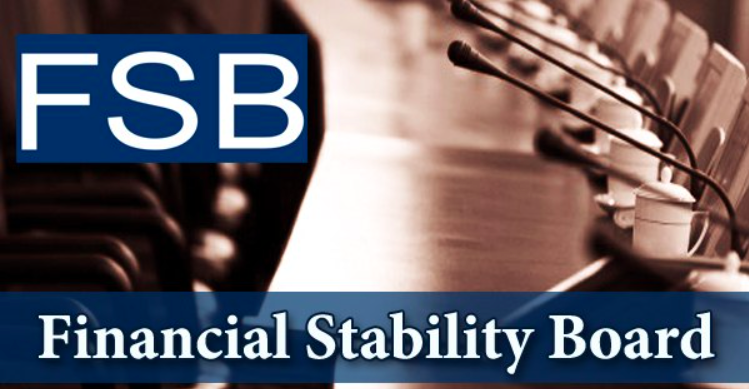The FSB recently published its new Financial Stability Surveillance Framework. The framework supports the comprehensive, methodical and disciplined review of vulnerabilities by the FSB, and thereby helps to identify and address new and emerging risks to financial stability. The framework embodies four key principles: focus on vulnerabilities that may have implications for global financial stability; scan vulnerabilities systematically and with a forward-looking perspective, while preserving flexibility; recognise differences among countries; and leverage the comparative advantages of the FSB while avoiding duplication of work.
The framework places particular emphasis on incorporating multiple perspectives in the assessment of both current and emerging vulnerabilities. It includes a common terminology and taxonomy – which defines key concepts such as vulnerabilities, shocks and resilience – that will aid shared understanding and consensus building amongst FSB members. It also distinguishes between global vulnerabilities that are currently material, those that may become material in the next 2 to 3 years, and those that may become material over a longer horizon.
Once identified, material global vulnerabilities will be subject to more intensive monitoring and analysis, and, as appropriate, policy dialogue among FSB committees. In addition, the FSB will communicate its view on vulnerabilities through its Annual Reports and other formats.
John C. Williams, President and Chief Executive Officer of the US Federal Reserve Bank of New York, who chaired the group that developed the framework, said “The new surveillance framework provides a global, cross-border and cross-sectoral perspective on current and potential emerging vulnerabilities that draws on the collective views of the FSB’s broad membership, as well as analysis by the FSB and outreach to private sector experts”.
Klaas Knot, President of De Nederlandsche Bank, Vice-Chair of the FSB and Chair of its Standing Committee on the Assessment of Vulnerabilities (SCAV) that oversaw the preparation of the report, said “The assessment of vulnerabilities in a rapidly evolving environment is a primary mission of the FSB and a cornerstone in maintaining financial stability. The new framework will further enhance the FSB’s ability to identify and address such vulnerabilities in a proactive manner”.
Source: FSB






